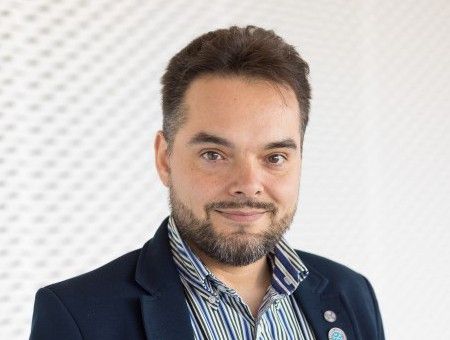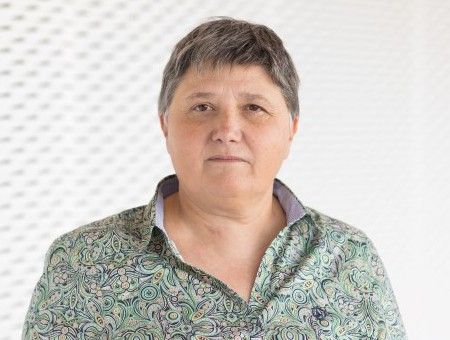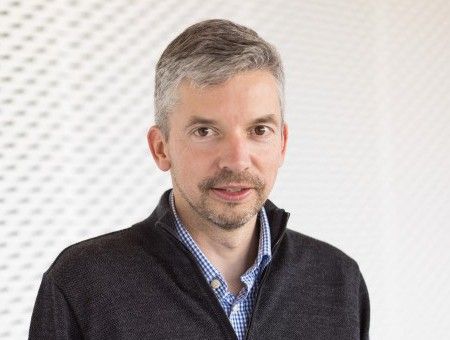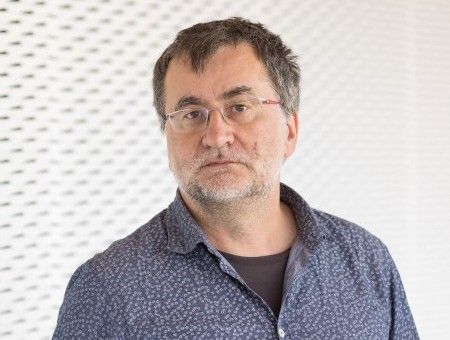Research Lines
The organization of BC3 Research Lines and Groups, responds to the Overall objectives, which aims to fulfill its missions and the challenges and demands that addressing climate change requires in a post-Paris period.
While the BC3 2014-2017 strategic framework, included four main research lines (Low Carbon; Climate and Natural Environment; Health and Climate; and Climate Policy), the BC3’s 2022-2025 strategic plan (SP 2022-2025).
Research Line Climate Basis
Coordinated by S.H. Faria (Ikerbasque
Professor).
Research Line Low Carbon
Coordinated by I. Arto (BC3 Professor).
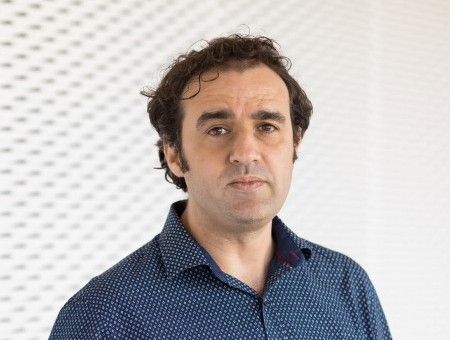
Iñaki Arto
Research Line Terrestrial Ecosystems
Coordinated by M.J. Sanz (Ikerbasque Professor).
Research Line Adaptation Lab
Coordinated by M. Neumann (Ikerbasque Professor).
Research Line Integrated modelling of coupled human-natural systems
Coordinated by F. Villa (Ikerbasque Professor).

